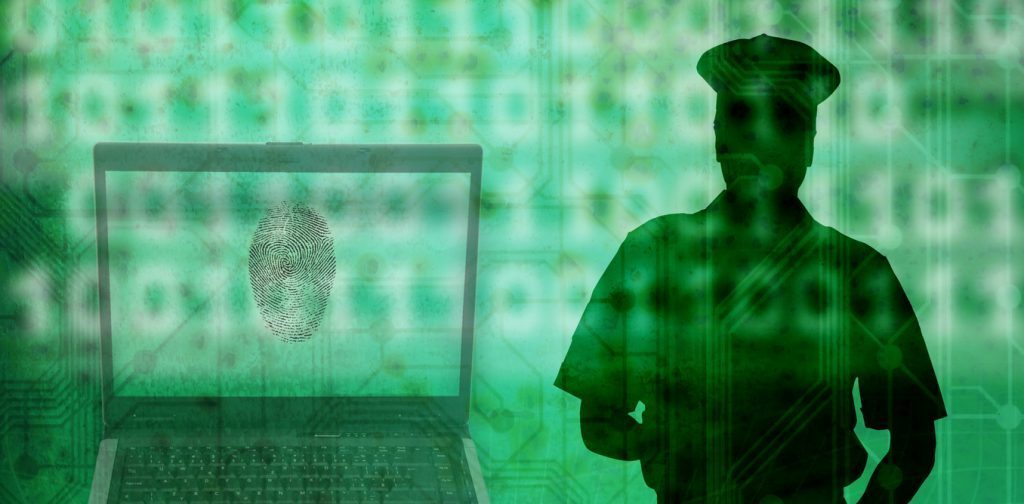 By Dawn Luger
By Dawn Luger
According to a new report, police don’t need consent nor even a living human to unlock an iPhone. FBI agents and local cops in the US are using the fingerprints of dead people to access their iPhones and smartphones.
The report first came to light when Forbes wrote an article titled “Yes, Cops Are Now Opening iPhones With Dead People’s Fingerprints,” and it’s just a macabre as it sounds.
In November 2016, around seven hours after Abdul Razak Ali Artan had mowed down a group of people in his car, gone on a stabbing spree with a butcher’s knife and been shot dead by a police officer on the grounds of Ohio State University, an FBI agent applied the bloodied body’s index finger to the iPhone found on the deceased. The cops hoped it would help them access the Apple device to learn more about the assailant’s motives and Artan himself. –Forbes
According to FBI forensics specialist Bob Moledor, who detailed for Forbes the first known case of police using a deceased person’s fingerprints in an attempt to get past the protections of Apple’s Touch ID technology, putting Artan’s bloody finger on the iPhone in his possession didn’t unlock the phone.
Separate sources close to local and federal police investigations in New York and Ohio, who asked to remain anonymous as they weren’t authorized to speak on record, said it was now relatively common for fingerprints of the deceased to be depressed on the scanner of Apple iPhones, devices which have been wrapped up in increasingly powerful encryption over recent years.
Police use the technique during drug overdoses, even those that don’t result in death, to see if they can find out who the dealer was for a bigger bust.
“It is certainly possible to authenticate with biometrics even without user consent, or the person even being alive,” John Whaley, co-founder, and CEO of UnifyID, told Mashable in 2017. “This is especially true if the factor they use is static, like a fingerprint or a face. One attempt to combat this is to use a liveness check, but even those are often easily spoofable.”
It’s entirely legal for police to use this disturbing technique, too. There are most definitely some ethical quandaries to consider, however, Marina Medvin, owner of Medvin Law, said that once a person is deceased, they no longer have a privacy interest in their dead body. That means they no longer have standing in court to assert privacy rights.
Delivered by The Daily Sheeple
We encourage you to share and republish our reports, analyses, breaking news and videos (Click for details).
Contributed by Dawn Luger of The Daily Sheeple.
Dawn Luger is a staff writer and reporter for The Daily Sheeple. Wake the flock up – follow Dawn’s work at our Facebook or Twitter.
Image credit: Phys.org
